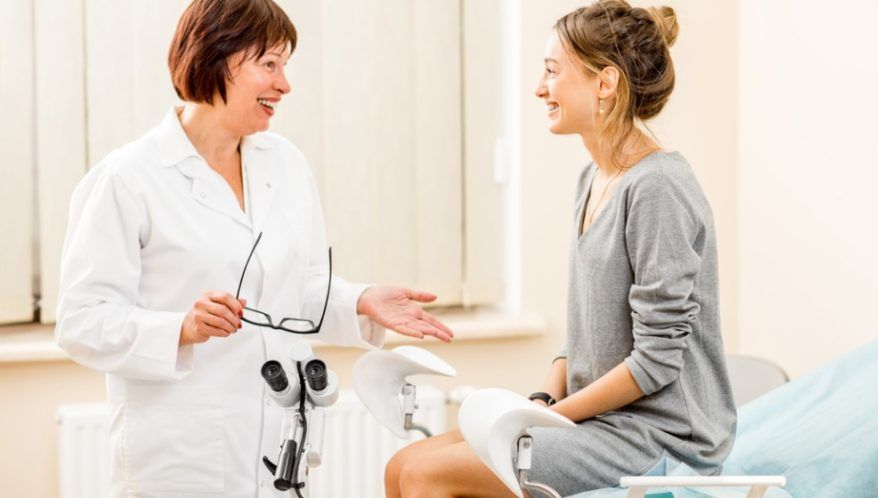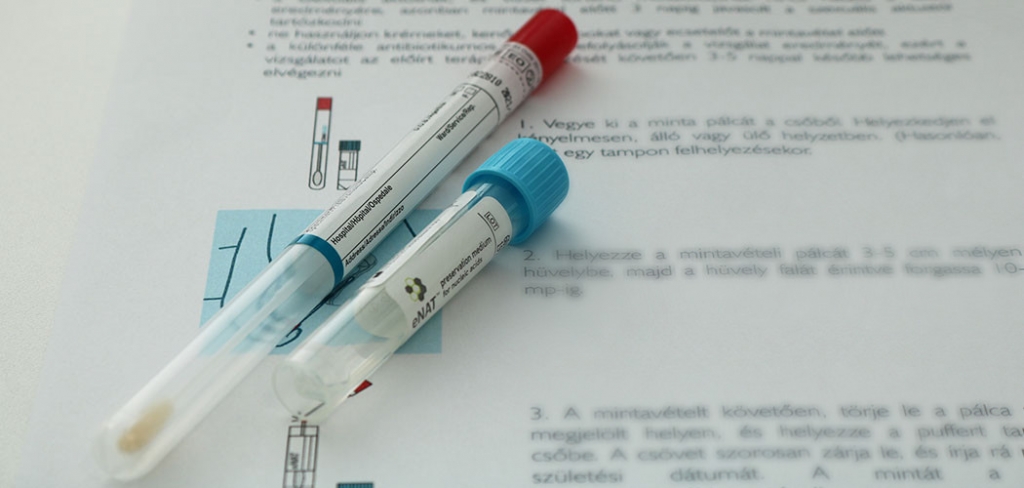Vaginal microbiome test
What is a microbiome?
It is estimated that the human body contains more than 1014 (100 trillion) cells, only a very small percentage of which is its own cell. Each of our cells has 10 microorganisms, all of which are called microbiomes. The human microbiome is the sum of the genetic population of microbes living in our body. These microbes live in symbiosis with us, in us, on us, they protect, feed, and nourish. They also colonize our skin, teeth, and mucous membranes – the oral cavity, stomach, intestines, genitals – so any surface that may come in contact with the outside world in some form.
What do you need to know about the vaginal microbiome?
Under normal conditions, there are several types of bacteria in the vagina that provide a healthy vaginal flora and prevent the entry of pathogens.
Vaginal non-sterile, aerobic and anaerobic microbes can also be detected and examined by the test.
Vaginal microbiome abnormalities are affected by several factors. Age, lifestyle changes, sexual habits and hormonal changes (e.g. use of hormonal contraceptives, pregnancy, menopause) also play a role.

The dominant bacterial flora is Lactobacillus, but several types can also be detected: Lactobacillus crispatus, Lactobacillus gasseri, Lactobacillus iners and Lactobacillus jensenii. In addition to Lactobacillus, Atopobium vaginae, Gardnerella vaginalis, Prevotella bivia, and Megasphaera type 1 species can also be detected in the vaginal microbiome.
What does the vaginal microbiome test show?
Based on the amount and proportions of Lactobacilli, the vaginal microbiome can be classified into 5 types, based on which healthy condition and bacterial vaginosis can be determined, as well as ideal microbiome from the perspective of reproduction.
In case of bacterial vaginosis is, anaerobic microbes dominate. Examination of the microbiome can also be used to estimate the susceptibility to STDs (sexually transmitted diseases) and pelvic inflammatory disease.
Studies have shown that a specific microbiome can be detected in pregnant women who are expected to give birth prematurely, so performing the test may help the clinician assess whether preterm birth is expected.

When is it recommended to perform the test?
The test may be recommended, among others:
- in case of recurrent vaginal infections
- examining pelvic inflammatory diseases
- infertility examinations
- in case of miscarriage
- to estimate the risk of premature birth
How do I prepare for the test?
Sampling can be done by a gynaecologist, during a gynaecological examination, or in the form of self-sampling.
To ensure the quality of the sample, the following must be taken into consideration prior to sampling:
- sampling during menstruation is not possible
- sexual intercourse and washing with water have no effect on the test result, however, it is recommended to abstain from sexual intercourse for 3 days before sampling
- do not use creams, ointments, suppositories before sampling
- different courses of antibiotics affect the results of the test, so the test can be performed 3-5 days after the end of the prescribed therapy
We provide a special sampling device for sampling, this is the only way we can accept a sample. You can pick up the sampling device at the reception of our clinic the day before the examination, to which a detailed sampling information is attached.
Please return the sample to our clinic no later than the 2nd day after sampling.
When is the result expected?
The time to complete the finding that shows the composition of the vaginal microbiome is 25 working days.
The cost of the vaginal microbiome test
The price of the vaginal microbiome test is 40 000 HUF.
If you would like to perform sampling as part of a gynaecological examination, please inquire about the sampling fee via our call center.

